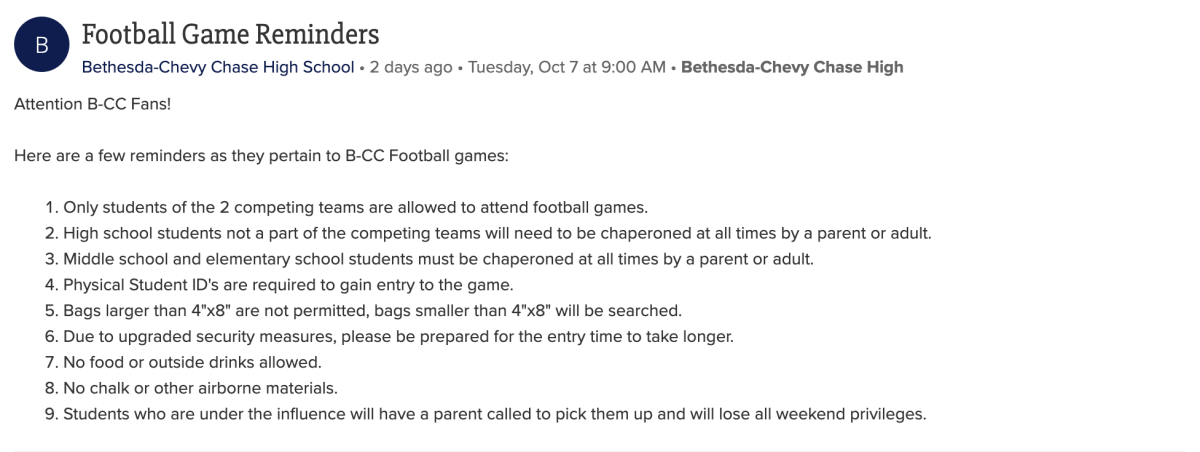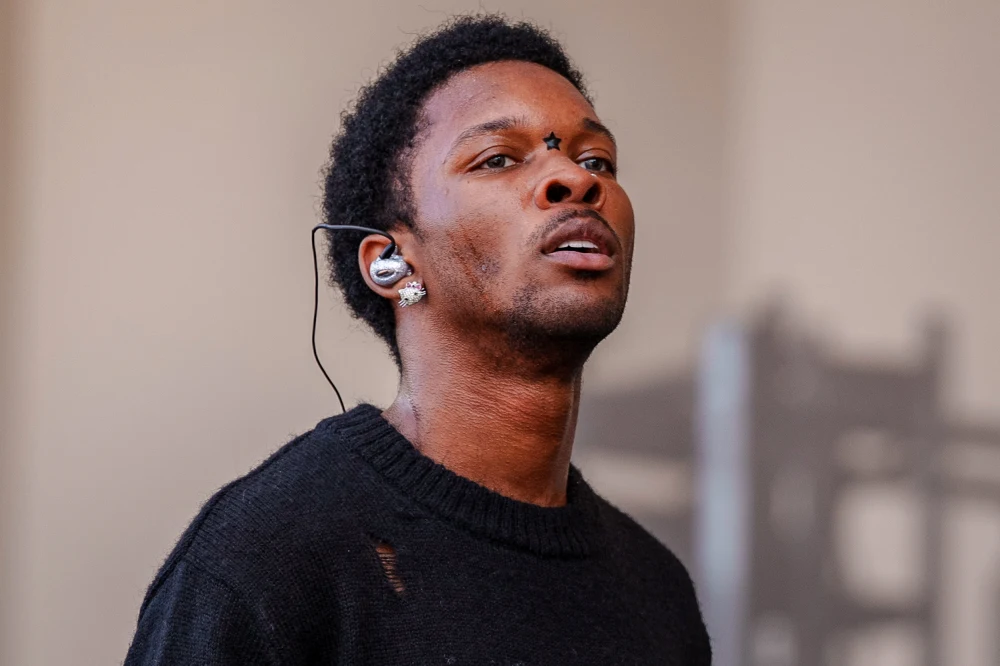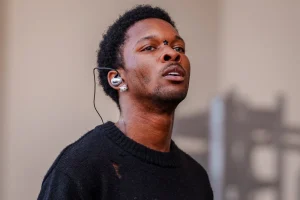‘BookTok’ has People Drooling over Stalkers
BookTok implies there is a perpetual link between violence and affection. This normalizes otherwise concerning relationship traits and romanticizes violent partners, leading BookTok users to want similar experiences.
October 11, 2022
“BUT HE’S A HOT STALKER! COME ON PEOPLE!” This is just one of the many comments left under a TikTok video made by @Simbookss to highlight the following quote (or threat?) from Twisted Lies, a book by Ana Huang: “Touch another man, he dies.” “BookTok,” a side of TikTok where creators review and promote books, is filled with videos of creators reacting to their favorite romantic reads.
Through the promotion of such quotes, BookTok implies there is a perpetual link between violence and affection. This normalizes otherwise concerning relationship traits and romanticizes violent partners, leading BookTok users to want similar experiences. Among the critics denouncing books like Twisted Lies as “toxic,” many specifically point out the harmful effects of the “enemies to lovers” trope that is promoted through BookTok. The extreme emotions felt by characters in this trope drive them to say or do provocative things to one another, and BookTok creators capitalize on the shock value of those moments to reel BookTok users in.
Nevertheless, users have argued that BookTok has a positive side that promotes literature with healthy portrayals of love. “Book quotes that made me believe in love,” @Thoughtcatalog posted, including the following quote from A Gentle Reminder, a book by Bianca Sparacino: “You will not find love that is perfect, but you will find a love that reminds you goodness exists.” Such empowering affirmations urged some BookTok users to keep looking until they find a lover who truly makes them happy, such as user @electras0ul who commented how the book got them out of a “toxic relationship.”
Despite this positive side that some notice, it is possible that TikTok’s algorithm has been promoting the more “toxic” side of BookTok. The more provocative the quotes, the more likes, comments, shares, and views they get. Even those who dislike the quote pause to read it, comment on their disapproval, and share it with others. Their engagement, and that of users who romanticize these quotes, may lead such TikToks to be noticed and promoted by TikTok’s algorithm.
Regardless, BookTok still managed to highlight the impact of toxic love both positively, by inspiring such discourse, and negatively, as some individuals glamorize and desire it. It is undeniable that BookTok will have a long-term, irreversible effect on users; but, as of yet, its unfiltered promotion of “problematic” relationships remains unchecked.












































